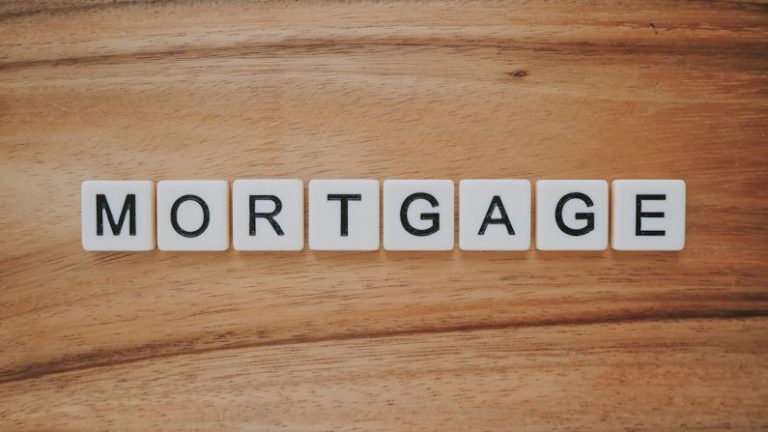
When it comes to purchasing a home, choosing the right mortgage can make a significant difference in your financial well-being. Mortgages are not one-size-fits-all, and it’s essential to understand the different types available to make an informed decision. From fixed-rate to adjustable-rate mortgages, each option has its advantages and disadvantages. In this article, we will explore the various types of mortgages to help you navigate the complex world of home financing.
**Fixed-Rate Mortgages**
Fixed-rate mortgages are one of the most common types of home loans. With a fixed-rate mortgage, the interest rate remains the same throughout the loan term, providing predictability and stability in monthly payments. This type of mortgage is ideal for homeowners who prefer consistency and want to avoid fluctuations in their mortgage payments. Fixed-rate mortgages are available in various term lengths, typically ranging from 15 to 30 years. While the interest rate is usually slightly higher than adjustable-rate mortgages, fixed-rate mortgages offer peace of mind and protection against rising interest rates.
**Adjustable-Rate Mortgages (ARMs)**
Adjustable-rate mortgages, or ARMs, have interest rates that can fluctuate over time based on market conditions. Typically, ARMs have an initial fixed-rate period, after which the interest rate adjusts periodically according to a predetermined index. While ARMs often start with lower initial interest rates than fixed-rate mortgages, they carry the risk of potential rate increases in the future. ARMs are suitable for borrowers who plan to sell or refinance their home before the initial fixed-rate period ends or for those who expect interest rates to decrease in the future.
**FHA Loans**
FHA loans are government-backed mortgages insured by the Federal Housing Administration. These loans are popular among first-time homebuyers and those with less-than-perfect credit. FHA loans offer lower down payment requirements and more flexible qualification criteria than conventional mortgages. However, borrowers are required to pay mortgage insurance premiums, increasing the overall cost of the loan. FHA loans are an excellent option for individuals who may not qualify for conventional financing due to credit challenges or limited savings for a down payment.
**VA Loans**
VA loans are mortgage loans guaranteed by the U.S. Department of Veterans Affairs and are available to eligible veterans, active-duty service members, and their surviving spouses. VA loans offer several benefits, including no down payment requirement, competitive interest rates, and no private mortgage insurance (PMI). These loans are designed to help military personnel achieve homeownership with favorable terms and conditions. VA loans are an excellent option for those who have served in the military and are looking to purchase a home.
**USDA Loans**
USDA loans, backed by the U.S. Department of Agriculture, are designed to help individuals in rural and suburban areas achieve homeownership. These loans offer low to no down payment options and competitive interest rates. USDA loans have income limits based on the area’s median income and are intended to assist low to moderate-income borrowers in purchasing a home in eligible rural locations. USDA loans provide a cost-effective way for individuals in rural communities to become homeowners.
**Jumbo Loans**
Jumbo loans are mortgages that exceed the conforming loan limits set by Fannie Mae and Freddie Mac. These loans are used to finance luxury properties or homes in high-cost areas where conventional loan limits are insufficient. Jumbo loans typically have stricter credit requirements and higher interest rates than conforming loans due to their larger loan amounts. Borrowers seeking to finance a high-value property may opt for a jumbo loan to cover the cost beyond the conventional loan limits.
**Conclusion: Choosing the Right Mortgage for You**
Selecting the right mortgage is a crucial decision that can impact your financial future. Whether you prefer the stability of a fixed-rate mortgage, the flexibility of an adjustable-rate mortgage, or the benefits of government-backed loans, understanding the various types of mortgages is essential in making an informed choice. Consider your financial goals, risk tolerance, and homeownership needs when evaluating mortgage options to find the best fit for your circumstances. By exploring the different types of mortgages available, you can navigate the home financing process with confidence and secure a loan that aligns with your long-term objectives.





